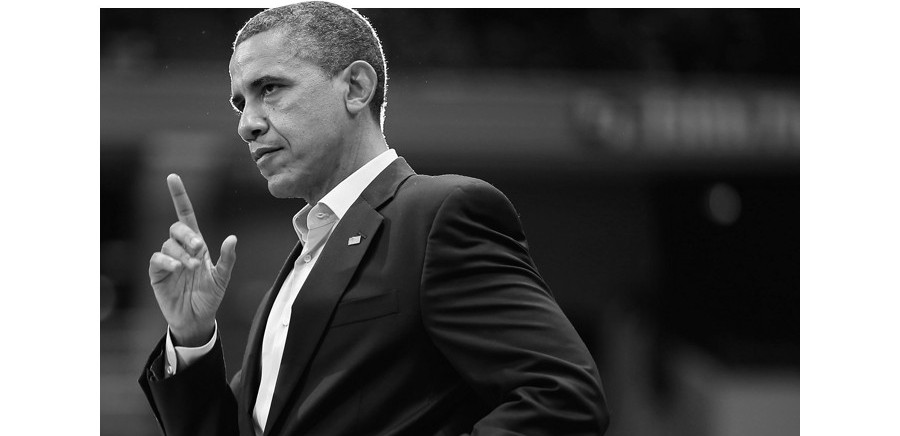I'm Watermark
Diabetic
I personally do not believe the U.S. Government is controlled by shadowy figures lurking behind a smoke smoke screen of faux democracy. If anything, the political and social events of the last few years are evidence that no one is ultimately "in control" and that every player, from the President to the Speaker to captains of industry, is each equally frustrated. If the United States were a software program, it's clearly poorly maintained with many hasty hacks working around several buggy components.
However, I have friends who see smoke screens everywhere. One of my friends is convinced that the proverbial jackbooted thugs with ATF and FBI badges are going to take his guns away. While he is otherwise a normal family man he see ominous signs where I can't find them. He's talked this way for over 10 years. His paranoia has nothing to do with Obama or the attention the media pays to lunatic murderers. From the first day I met him he tried to clue me into the plot of a bad Hollywood movie where he is the hero and the rest of us are fools.
Another friend of mine is very technical and a wannabe member of Anonymous. In most respects he is completely normal: He has great tech job and a great family. He is absolutely sure the CIA and the NSA are listening to his phone conversations and reading his email, text messages, and Facebook posts. He tweets random links just to throw the bad guys off. Like my gun-owning friend he too has been acting this way for more than a decade. If he takes a liking to you, he will pull you aside, in a public place, cover his mouth to thwart lip reading cameras, and explain how every keystroke we type is logged into a secret government cloud for nefarious purposes. This behavior has been going on long enough that it clearly has nothing to do with cyber-surveillance, The Matrix, or over zealous prosecutors throwing the book at idealistic hacktivists.
While these guys seem to represent two very different extremes they do share a common thread (beside a form of tightly focused mania).
Guns and computers are powerful tools. In the right hands they level the playing field for individuals and make it more difficult for an organized group of bullies to boss us around. In the wrong hands, or in misguided, immature, or emotionally unstable hands, both guns and computers are powerful weapons, creating tragedies.
There is an argument that gun control or restrictions on the free flow of information only harms law abiding citizens. The criminals, shooters, and cyber thieves, will get their hands on guns and hacking tools anyway, as they disregard laws without compunction. That's clearly true about the criminals.
But we need mostly to protect ourselves from ourselves. The gun nut, who is a model citizen, really doesn't need many guns to exercise his second amendment rights. The cyber nut, who always returns library books, really doesn't need tools to control botnets. They certainly don't need armor piercing bullets or strong crypto. They are both going to get themselves in trouble. They will piss off the wrong people and get into a fight for no other reason that it's kinda cool to use your weapons for a just cause (the trap of righteous indignation).
When I imply my friends will draw the attention of the wrong people, I don't mean the government, the shadow government, Anonymous, or the Illuminati. I mean other guys like them only more crazy. Gun nuts with bigger agendas or cyber nuts looking for credit cards and social security numbers. Or they will get their family members in trouble. No matter how many locks you put on your gun safe or how many characters in your passwords, your kids always seem to circumvent your safeguards. Kids are natural hackers.
This is why I'm an advocate for both sensible gun safety and sensible intellectual property laws. And before you start yelling at me how any compromise in principles leads to a slippery slope remember that an argument is a rhetorical tool used to win a contest of words. "Slippery slope" is a tool and when it's misused, it becomes a fallacy.
If you are truly worried about the big brother or big government stealing our constitutional rights, words are, and will continue to be, our best and most powerful weapons that keep us free. In a war of words there is no collateral damage, and in the end everyone gets to walk away and play again another day.
http://www.huffingtonpost.com/john-..._2559200.html?utm_hp_ref=politics&ir=Politics


